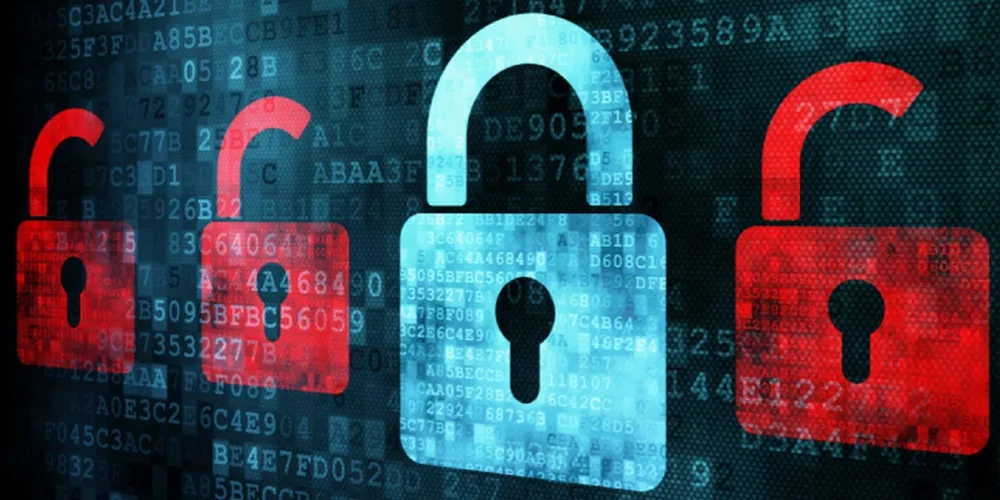
Safeguarding Personal Information on Social Networks
In the digital age, social networks have become an integral part of our daily lives, serving as platforms for communication, entertainment, and information sharing. However, the convenience of these platforms comes with a risk to personal privacy and data security. Protecting personal information on social networks is crucial to prevent identity theft, fraud, and unauthorized access to sensitive information.
Use Strong and Unique Passwords
The first line of defense in protecting your account is to use strong and unique passwords. A robust password should include a mix of letters, numbers, and special characters, making it difficult for attackers to guess. Avoid using easily guessable information such as birthdays, anniversaries, or common words. Implementing unique passwords for different social networks further enhances security, ensuring that a breach on one platform doesn’t compromise your accounts on others. This is especially true for applications on the network where you top up your gaming account, this can be like games at casino cresus or a crypto exchange.
Enable Multi-Factor Authentication
Multi-factor authentication (MFA) adds an extra layer of security by requiring two or more verification methods to access your account. This often involves something you know (password), something you have (a mobile device), or something you are (biometric verification). Enabling MFA makes it significantly harder for unauthorized users to gain access to your social media profiles, even if they manage to decipher your password.
Set Your Privacy Settings
Social networks often provide customizable privacy settings that control who can see your posts, personal information, and even your profile. Take the time to review and adjust these settings to ensure that only people you trust have access to your information. Be mindful of the default settings, as they may be more permissive than you’d prefer.

Track Account Activity
Regularly monitor your account activity for any signs of unauthorized access or unusual behavior. Many social networks offer features that alert you to new logins from unfamiliar devices or locations. Paying attention to these notifications can help you act swiftly in the event of a security breach.
Do Not Share Personal Information
Exercise caution when posting content on social networks. Avoid sharing sensitive personal information such as your home address, phone number, or financial details. Once posted online, this information can be difficult to retract and may be used maliciously by cybercriminals. Even if this is access to Casino Cresus gambling, you should not tell or hint what password you use.
Be Careful with Geolocation
Many social networks allow you to share your location with your posts. While this feature can add context to your content, it also poses a privacy risk, potentially revealing patterns about your habits and movements. Consider disabling geolocation features or using them sparingly and with awareness of the potential implications.
Update Apps and Devices
Keeping your social networking apps and devices updated is crucial for security. Developers regularly release updates that patch vulnerabilities and enhance security features. By ensuring that your apps and operating systems are up-to-date, you reduce the risk of exploitation through known vulnerabilities.
Protecting personal information on social networks requires vigilance, awareness, and proactive measures. By implementing strong passwords, enabling multi-factor authentication, adjusting privacy settings, monitoring account activity, being cautious about the information you share, managing geolocation settings, and keeping apps and devices updated, you can significantly enhance your online privacy and security. In the realm of social media, taking these steps is not just advisable; it’s essential for safeguarding your digital identity.
